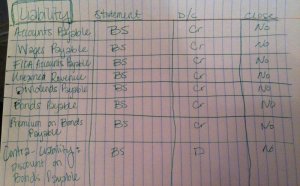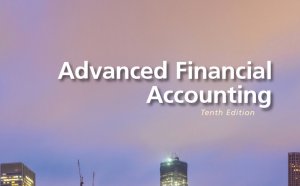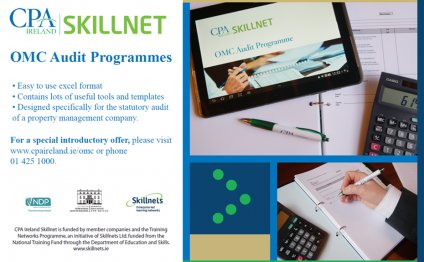
Accountancy Audit
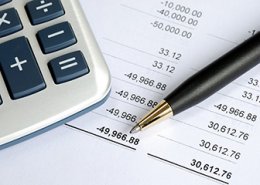 Accountants and auditors examine financial statements for accuracy and conformance with laws.
Accountants and auditors examine financial statements for accuracy and conformance with laws.
Accountants and auditors prepare and examine financial records. They ensure that financial records are accurate and that taxes are paid properly and on time. Accountants and auditors assess financial operations and work to help ensure that organizations run efficiently.
Duties
Accountants and auditors typically do the following:
- Examine financial statements to ensure that they are accurate and comply with laws and regulations
- Compute taxes owed, prepare tax returns, and ensure that taxes are paid properly and on time
- Inspect account books and accounting systems for efficiency and use of accepted accounting procedures
- Organize and maintain financial records
- Assess financial operations and make best-practices recommendations to management
- Suggest ways to reduce costs, enhance revenues, and improve profits
In addition to examining and preparing financial documentation, accountants and auditors must explain their findings. This includes preparing written reports and meeting face-to-face with organization managers and individual clients.
Many accountants and auditors specialize, depending on the particular organization that they work for. Some work for organizations that specialize in assurance services (improving the quality or context of information for decisionmakers) or risk management (determining the probability of a misstatement on financial documentation). Other organizations specialize in specific industries, such as healthcare.
 Some workers with a background in accounting and auditing teach in colleges and universities. For more information, see the profile on postsecondary teachers.
Some workers with a background in accounting and auditing teach in colleges and universities. For more information, see the profile on postsecondary teachers.
The following are examples of types of accountants and auditors:
Public accountants perform a broad range of accounting, auditing, tax, and consulting tasks. Their clients include corporations, governments, and individuals.
Public accountants work with financial documents that clients are required by law to disclose. These include tax forms and balance sheet statements that corporations must provide potential investors. For example, some public accountants concentrate on tax matters, advising corporations about the tax advantages of certain business decisions or preparing individual income tax returns.
Public accountants, many of whom are Certified Public Accountants (CPAs), generally have their own businesses or work for public accounting firms. Publicly traded companies are required to have CPAs sign documents they submit to the Securities and Exchange Commission (SEC), including annual and quarterly reports.
Some public accountants specialize in forensic accounting, investigating financial crimes such as securities fraud and embezzlement, bankruptcies and contract disputes, and other complex and possibly criminal financial transactions. Forensic accountants combine their knowledge of accounting and finance with law and investigative techniques to determine if an activity is illegal. Many forensic accountants work closely with law enforcement personnel and lawyers during investigations and often appear as expert witnesses during trials.
YOU MIGHT ALSO LIKE

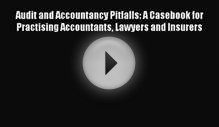
Share this Post
Related posts
Financial Accounting Final
FINAL REPORTING REQUIREMENTS FOR DISSERTATION FIELDWORK AND POST PH.D. RESEARCH GRANTS Upon conclusion of the research phase…
Read MoreAdvanced Financial Accounting.pdf
Advanced Financial Accounting, 10th Edition - Christensen
Read More
